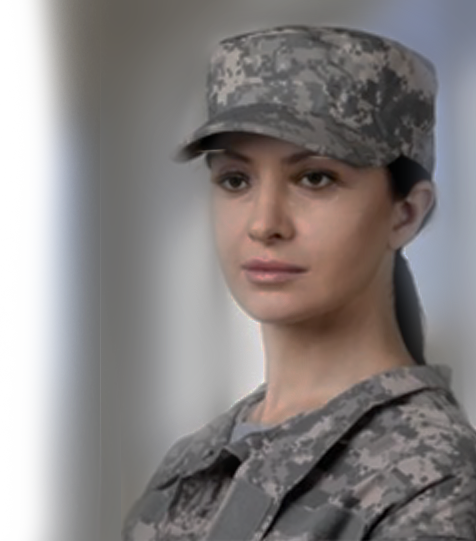 |
Interactive Social Communication
The average human brain has an abundance of social neurons. These neurons serve as filters which allow us to identify when, how and with whom to react. As a Chaplain, when socially interacting with others each day, everyone is influenced from that interaction. When others around you laugh, the interaction with others stimulates you to feel good and possibly laugh as well.
 |
 |
 |
 |
| Interactive social communication is vital for a Chaplain to make productive progress with the chapter.
This is a vital detail with victims of PTSD trauma from military service in general, as well as MST.
For a victim of a traumatic PTSD experience, the social interaction we normally practice can instead serve as a trigger to cause an unintentional aggressive response to occur. For others, they simply become more reticent or restrained in their reaction. |
For most victims, they have put up a wall to protect them from the traumatic experience they have endured. The normal flow of social neurons in their brains doesn't
allow them to recognize and respond effectively.
A Chaplain should remember that they have no way of knowing the emotional state of anyone by a mere glance. In speaking to others, there can be more to what is being said than a Chaplain might realize. Quite often there is an underlying message in what they are sharing with you. |
 |
 |
|
 |
 |
 |
 |
A Chaplain must always be prepared! There are specialty services available at the National Center for PTSD Treatment and VA Mental Health services at VA medical centers. A Chaplain should keep up to date on the services available in their area for PTSD/MST and suicidal concerns so they are ready to be there for a Veteran when needed most in social interaction.
 |
 |
 |
 |
According to J. Asbrand, a psychologist with the Salt Lake City VA's PTSD clinical team,
It's not about the sex; it's about power and control. |
|
 |
 |
 |
 |
|
|
 |



























